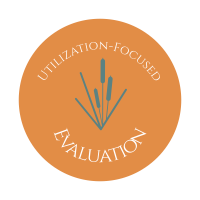How can we measure impact in complex, global scale projects that grapple with climate change, terrorism, human rights, public health, or energy transitions? Traditional evaluation, in terms of standardized goals, rigid models and constraining rules, often impedes leadership and adaptability when we are responding to a rapidly changing world. Mechanistic thinking and traditional evaluation approaches can also intensify problems or impede our ability to respond creatively.
Michael Quinn Patton, former president of the American Evaluation Association, is recognized worldwide as a pioneering leader in the theory, practice, and science of evaluation. In this talk, Patton draws on his long experience with local to global scale project evaluation to discuss complexity and principles-focused approaches to global sustainability projects, initiatives, and leadership. These approaches offer better tools for navigating systems with emergent challenges as we work for transformative change and impact.
Co-Sponsored by ASU's School of Earth and Space Exploration, School for the Future of Innovation in Society, Social Sciences, The Polytechnic School in the Ira A. Fulton Schools of Engineering, The Environmental Humanities Initiative, The Institute for Humanities Research, The Center for Jewish Studies, and The Center for Education Through eXploration (ETX).
Refreshments will be served.
Back to All Events
Earlier Event: June 23
IPDET Global Systems Evaluation Course
Later Event: October 23
Book Launch Reception

